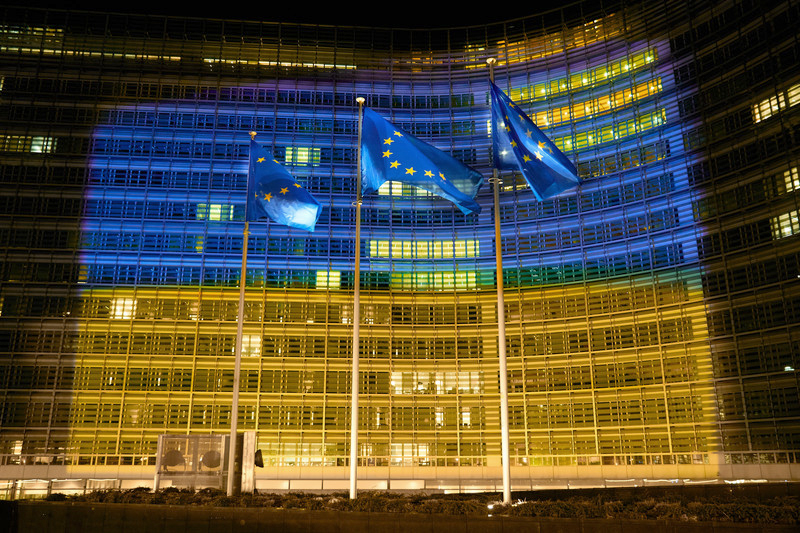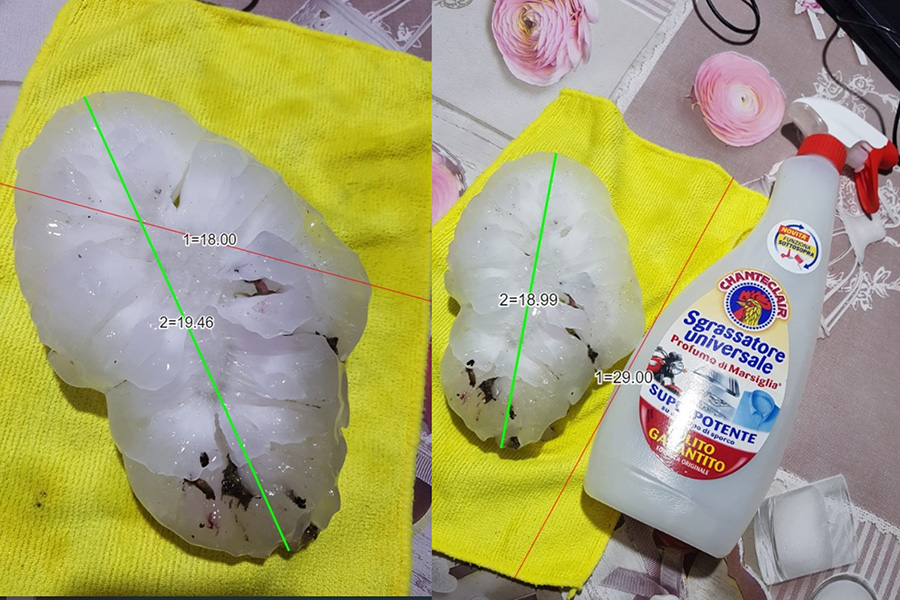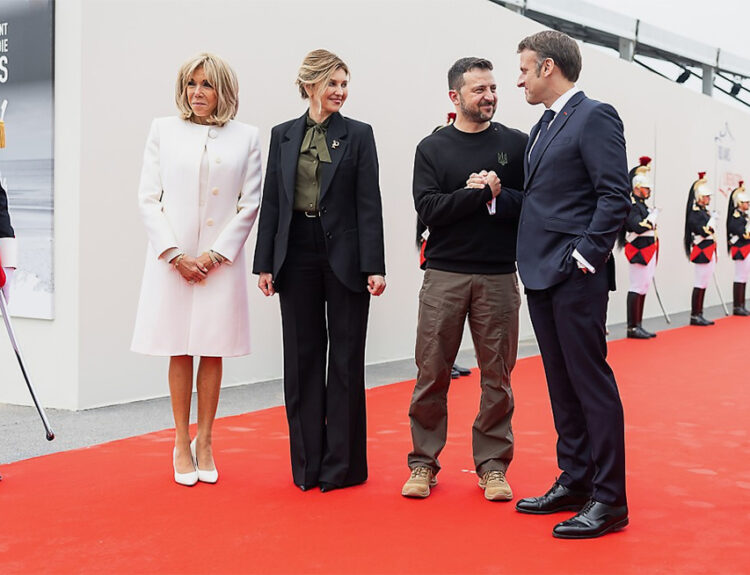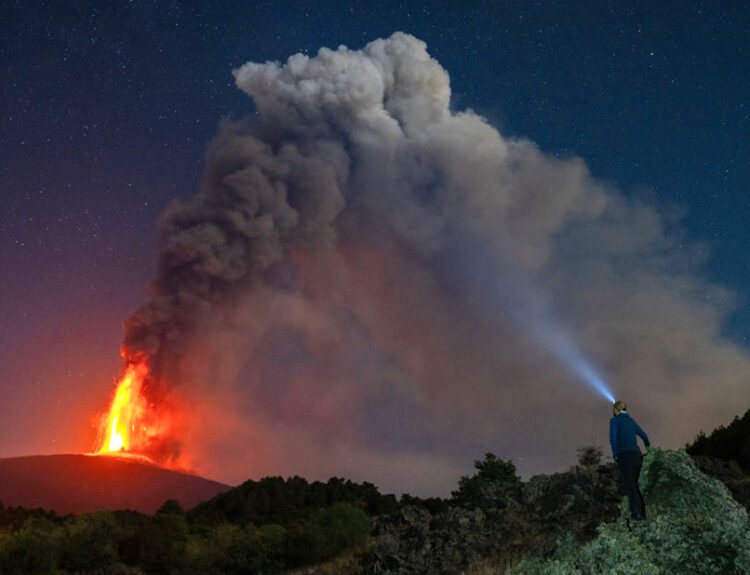The European Union will initiate consultations with its member states in the coming days regarding a new package of sanctions against Russia. This package, the twelfth since the start of Russia’s full-scale invasion of Ukraine, will include a ban on Russian diamonds, further measures to combat Moscow’s evasion of sanctions, and the inclusion of companies in third countries assisting Russia in circumventing sanctions, as reported by Bloomberg.
Currently, the EU is working with the Group of Seven (G7) on a mechanism to track the movement of diamonds across borders, reducing the possibility of Russia rerouting its trade elsewhere in the face of a ban.
It is expected that G7 countries will also expand the list of prohibited goods that Russia can use for military purposes. The primary focus of the EU and its allies will be to prevent the Kremlin from obtaining a range of critically important goods necessary for weapon production. As part of these efforts, G7 countries are attempting to exert diplomatic pressure on third countries aiding Moscow.
The Group of Seven is also discussing ways to better ensure price controls on Russian oil, as the cost of crude oil has exceeded the $60 threshold set by this mechanism.
Furthermore, according to a draft statement seen by Bloomberg, EU member states are making progress in introducing a tax on profits derived from frozen assets of the Russian Central Bank. They are going to use these funds to support and reconstruct Ukraine, in accordance with current legislation.
However, Bloomberg notes that progress on this matter is slow. Although the US and other G7 partners have supported this initiative, significant headway in this issue is not expected anytime soon. Nevertheless, the US will reaffirm its support for resolving this issue at a summit with the President of the European Commission, Ursula von der Leyen, and the President of the European Council, Charles Michel, scheduled for Friday.
In October, it was announced that Belgium will allocate 1.7 billion euros in assistance to Ukraine. These funds will come from taxes paid on profits from frozen Russian assets located in Belgium, which generate taxable interest. According to the country’s prime minister, Belgium will establish a special Ukrainian fund that will allocate these taxes for “the purchase of military equipment, humanitarian support, the European Peace Fund, and macro-financial assistance” for Ukraine.
Source: The Gaze







